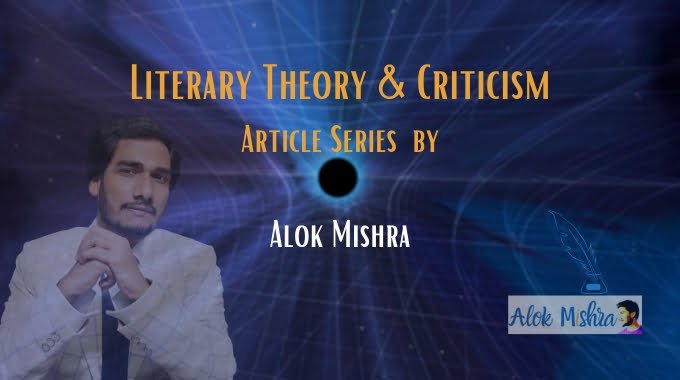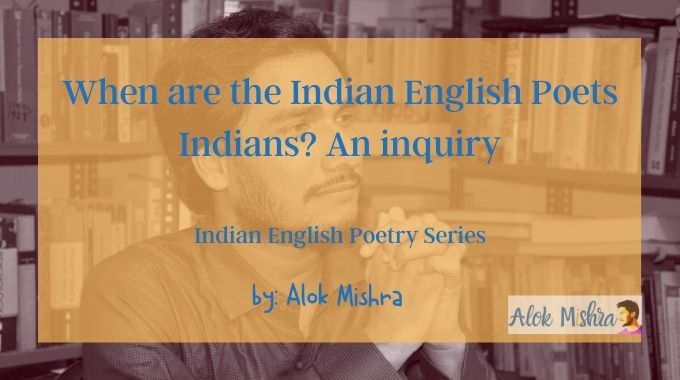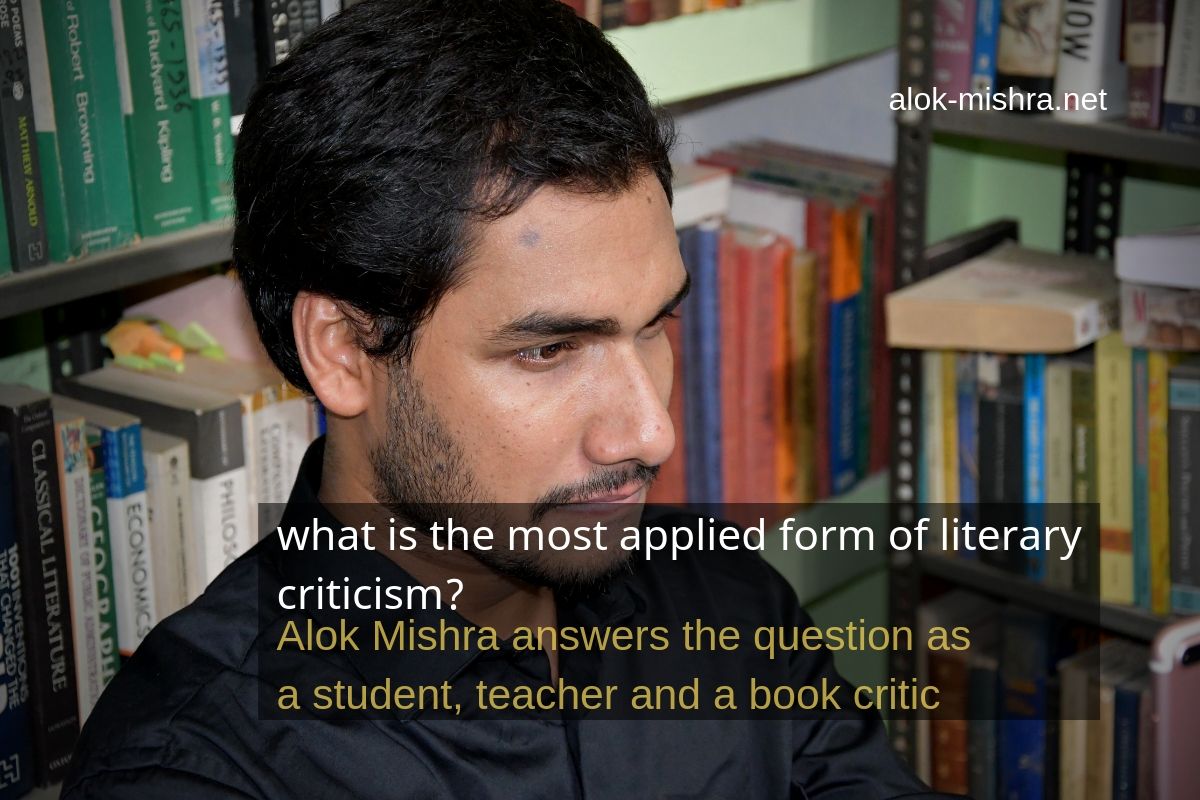My dear friends, I hope you are all doing well in this challenging situation. The…
Modern Literary Theories: A Self-Help Series for English Literature Students
I have often thought about the curriculum of the students of English Literature. Being myself a student of literature (BA and MA), I had the chance to analyse it when I had a little maturity and a little mastery over the subject. The thing that confuses the students most is no doubt the part that deals with ‘literary theory and criticism’. Can someone please dilute it and make it simpler so that students have not to face any ‘serious difficulty’ in understanding this indispensable part of the curriculum? As far as the popular students’ notion goes, yes, there is a need to break this mountain into small pieces that separately hold Derrida, Barthes, Lacan, Arnold, Eliot, Leavis, the Russian formalists and others. As long as there remains a mess of understanding all these masters of mind together, there will be problems for the students of English Literature. Studying literary theory and criticism can be fun only if it is taught as wonderfully as the enthusiasm of students to learn something ‘oblivion’. I say literary theory oblivion because I have my reasons. If you still remember the introductory note by Raman Selden to the first edition of his book A Reader’s Guide to Contemporary Literary Theory (back in 1985), you must be aware why I am saying so. If you have forgotten or aren’t aware about it, let us have a look:
“until recently ordinary readers of literature and even professional literary critics had no reason to trouble themselves about developments in literary theory. Theory seemed a rather rarefied specialism which concerned a few individuals in literature departments who were, in effect, philosophers pretending to be literary critics. . . .”
It’s true – then, now and forever. The common reader who just enjoys literature would never bother about the theories. However, theories of literature, especially those modern ones, do remain for the students of graduation & post-graduation to understand, contemplate, attempt and victor. The bigger question is how can they make it easy? As a student BA and MA in English at Nalanda College, I also had to face certain difficulties concerning the paper that contained criticism & literary theories. Now, being in the ‘business of words,’ I had the opportunity to discuss these issues with senior and junior and retired faculties of reputed and unknown educational institutions. To my surprise, all of them (almost) displayed a negligible interest towards these modern troubles of literature. Some of them, worthy to mention, came with overwhelming enthusiasm towards the concept of modern literary theories and shared most of the matter they chose to have and had acquired. The trouble mostly remains with the students of Bihar as here (being myself a victim), you will get the least acquaintance with what’s modern in the terms of English Literature. At the universities in Bihar (mostly), English Literature died with the death of T. S. Eliot. Neither the students nor the teachers bother to go beyond Eliot and explore others of the rank of Pinter, Beckett, Ted Hughes, Andrew Motion etc. (I am deliberately excluding anything termed as ‘modern’ in literary theories and the theorists like Lacan, Derrida, Foucault, Bhabha, Said etc. as it also dies at most of the institutions in Bihar with Eliot.)
My address is to those, students and their teachers, who want to explore the ‘modern’ in English Literature. This discourse will communicate with those seekers of modern literary theories who really want to understand the complicated terminology used by modern masters in literary theories. I am not excluding anyone, so, please join me. For the first things first phrase suits me, I would like to clarify a great confusion at the first hand. Though most of the times those who set-up our curriculum err and mix criticism with literary theories, one should not get confused. Criticism and literary theories are two distinct things – most of the time, they are inter-related or at least related. However, in the terms of modern theories of literature, you will rarely find criticism – the theorists are, most of the times, engaged either in ‘defining’ or in ‘redefining’. To be clearer, what Arnold did with Chaucer in his The Study of Poetry was an act of criticism. Arnold compares Chaucer with other masters from the past and also appreciates his mastery over form and musical creation. Now, on the other hand, what do you find with Derrida? He is, first, questioning the concepts of centre as propagated by the Structuralists and then extending his own theories. Thus, this is an act of altering, redefining and generating than merely criticism. (At times, people do apply the theory of Derridian Deconstruction to judge and find out new dimensions even in the poems of Keats. However, face my question, what else can you find in ‘A thing of beauty is a joy forever’? I find those acts as vague as a hollow corridor decorated with wonderful graffiti outside.)
In this self-help series to make the modern literary theories simpler for the students of English Literature, I will take the things individually. I would love to start with the beginning itself – the time since when ‘modern’ emerged in literature. If you remember, New Criticism is widely accepted as the beginning of modernism in the terms of literary theories (and criticism). F. R. Leavis, Richards and not to forget – T. S. Eliot was also at the centre of this new evolution.
Before we begin the business of words, I would advise you to have the tools of studying modern theorists ready. Do arrange and be ready with these books:
A Reader’s Guide to Contemporary Literary Theory (5th Edition) by Raman Selden, Peter Widdowson and Peter Brooker
Modern Criticism and Theory (2nd Edition) Edited by David Lodge (revised by Nigel Wood)
Contemporary Critical Theorists by Jon Simons
The Cambridge Companion to Critical Theory by Fred Rush




A Very Comprehensive Analysis of Ecocriticism.Kindly Let us know of other latest theories in Literature
This post of Mr Mishra at least helps the students of Eng literature get out of fear about the knots of literary theory. The students should read it when they are on the threshold of MA.
Thanks for the read, PS Mondal! I hope I could be useful.
Very informative post about the modern literary theories! I am happy that such wonderful articles are available for the students of literature. Keep the good work going please. I am waiting for the new post on Eliot’s theories.